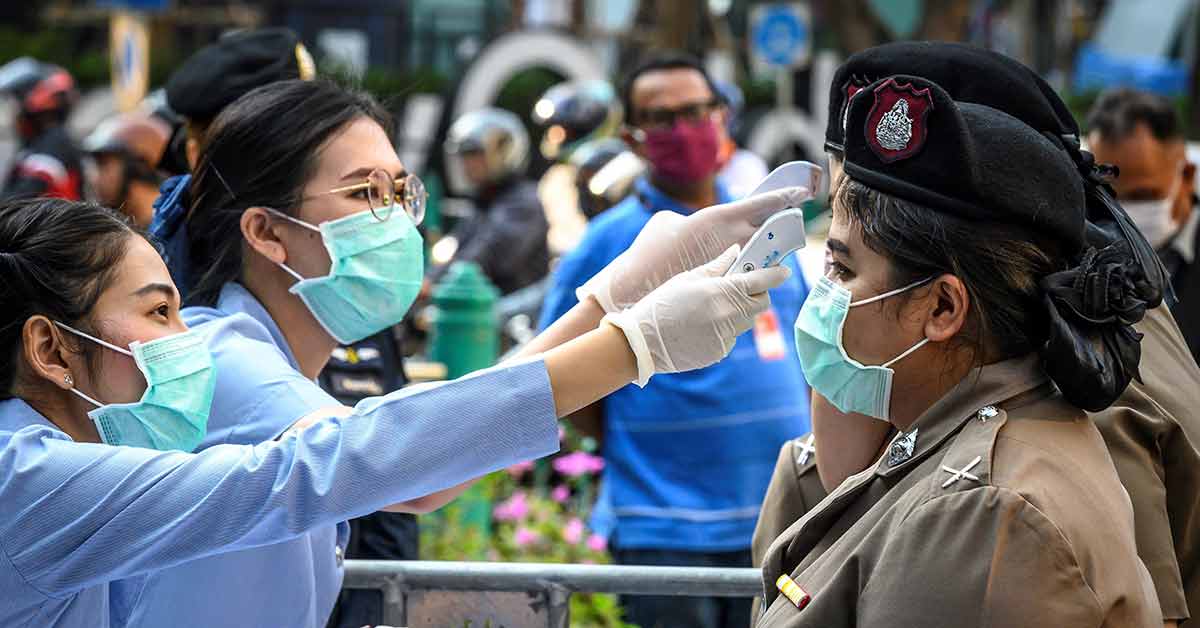The new coronavirus outbreak can now be described as a pandemic, the head of the World Health Organization (WHO) announced Wednesday.
WHO chief Tedros Adhanom Ghebreyesus said he was troubled by the spread and severity of the outbreak, along with a lack of action taken to combat it.
"WHO has been assessing this outbreak around the clock and we're deeply concerned, both by the alarming levels of spread and severity, and by the alarming levels of inaction," he told a news conference in Geneva.
"We have therefore made the assessment that COVID-19 can be characterised as a pandemic."
The number of cases in over 100 countries around the world has risen to more than 124,000, with over 4,500 deaths, including a jump in fatalities in Iran and Italy in particular, according to media tally.
China remains the worst-affected country with more than 80,000 confirmed cases and over 3,000 deaths.
Tedros said that over the past two weeks, the number of cases outside China had increased 13-fold and the number of affected countries had tripled.
He said he expected the number of cases and deaths would grow in the coming days and weeks.
"Pandemic is not a word to use lightly or carelessly," he told reporters, but he stressed that "describing the situation as a pandemic does not change WHO's assessment of the threat posed by the virus."
It should not be taken by countries as a signal to give up on efforts to contain the virus with methods like contact-tracing, he said.
'Be more aggressive'
Tedros pointed out that over 90 percent of cases had been registered in just four countries, and that countries with no or only a few cases could still halt the virus in its tracks.
"We should double down, and we should be more aggressive," Tedros said, adding: "We are not saying the world should move from containment to mitigation... the blended approach should continue.
"It will be a mistake to abandon the containment strategy," he said.
He acknowledged that the world had "never before seen a pandemic sparked by a coronavirus," but emphasised that "we have never before seen a pandemic that can be controlled at the same time."
Countries can still change the course of the outbreak, he said.
Michael Ryan, who heads WHO's emergencies programme, insisted on the need to slow the outbreak to give time to hospitals to prepare for more cases, warning that many countries' health systems were showing a lack of resilience.
"If you do not try to suppress this virus it can overwhelm your health system," he said.
Tedros said the WHO was grateful for the measures being taken in countries around the globe and was aware that they were taking a "heavy toll" on societies.
He also said hard-hit Iran was trying its best to control the outbreak but needed more supplies.
Iran is suffering from a shortage of ventilators, oxygen and protective gear for health workers, reporters were told. - AFP
